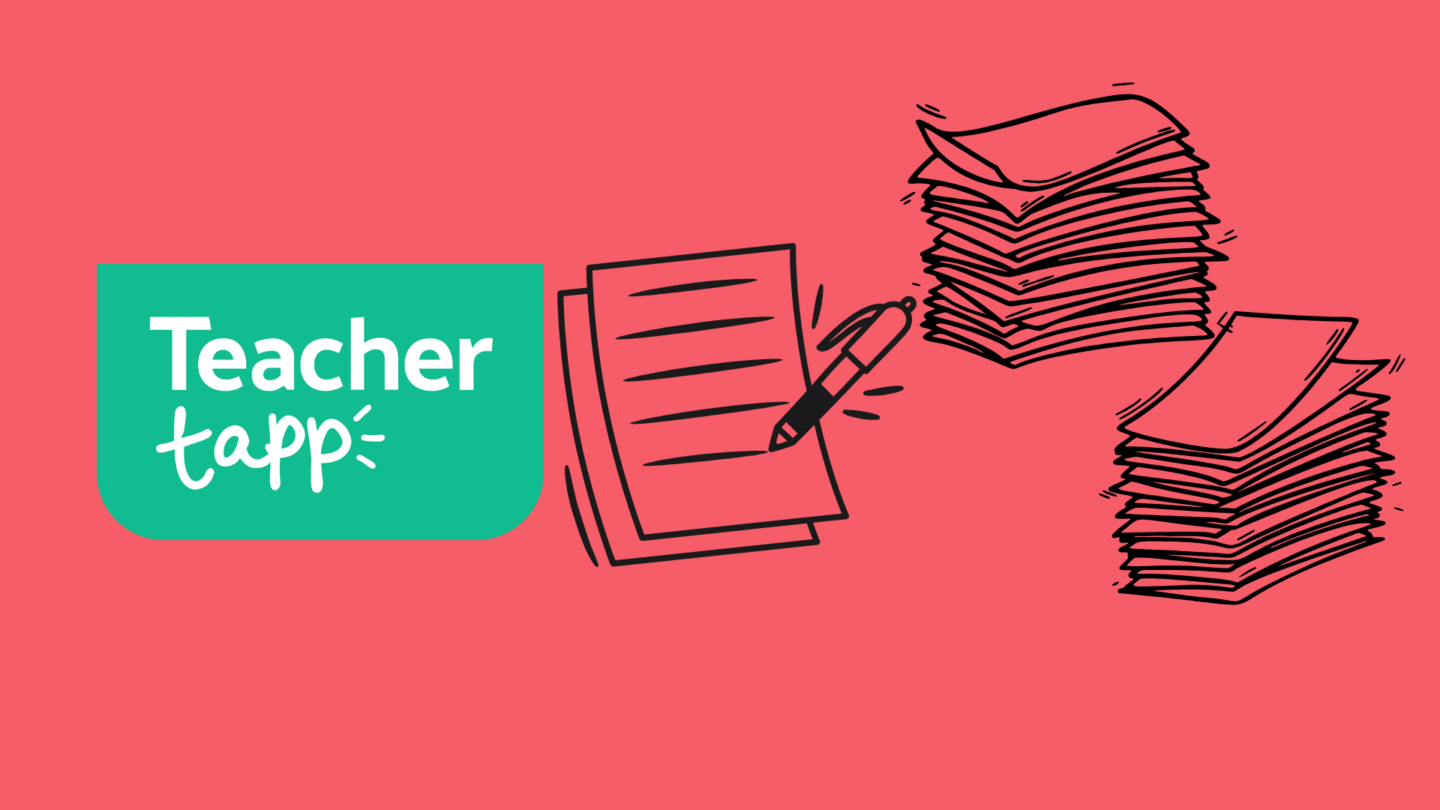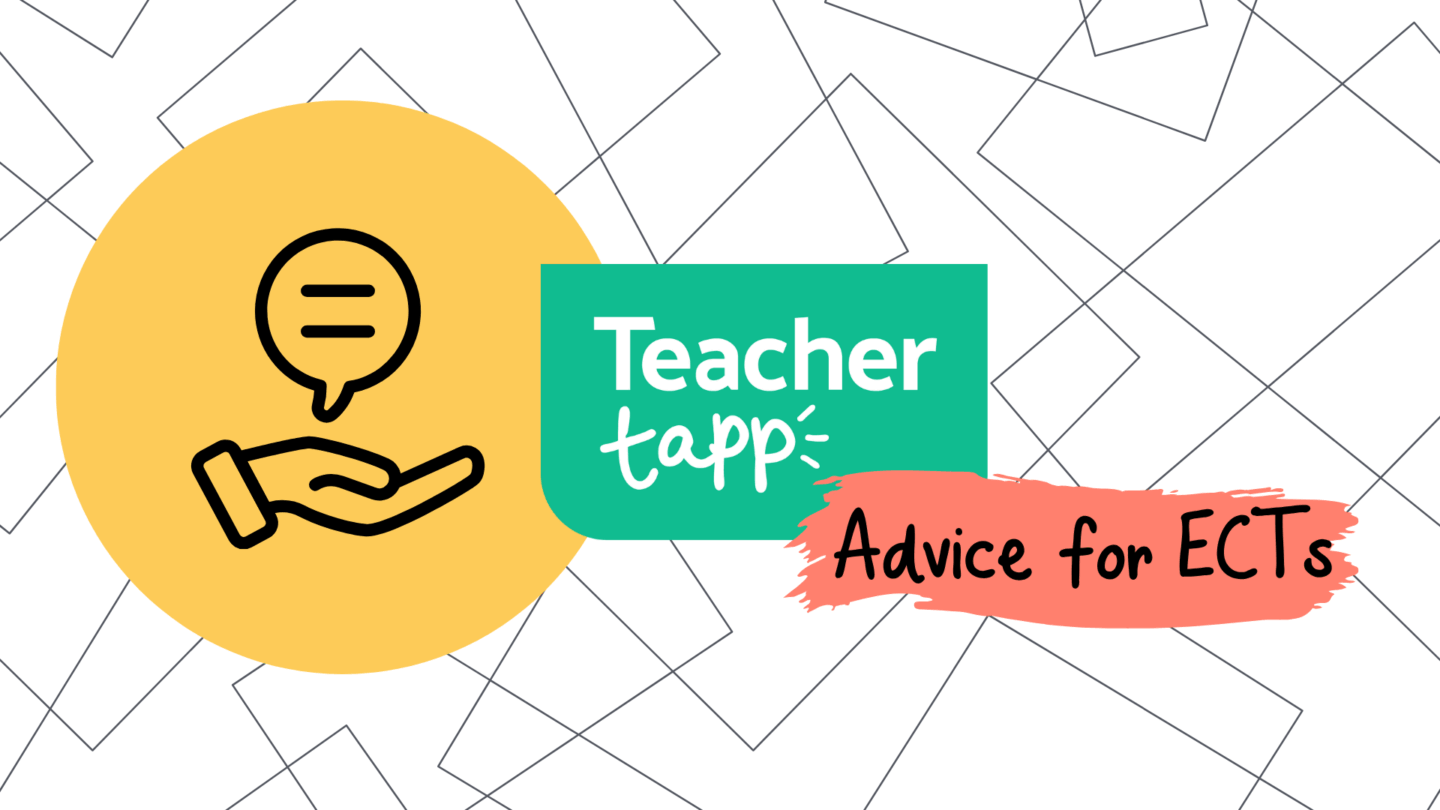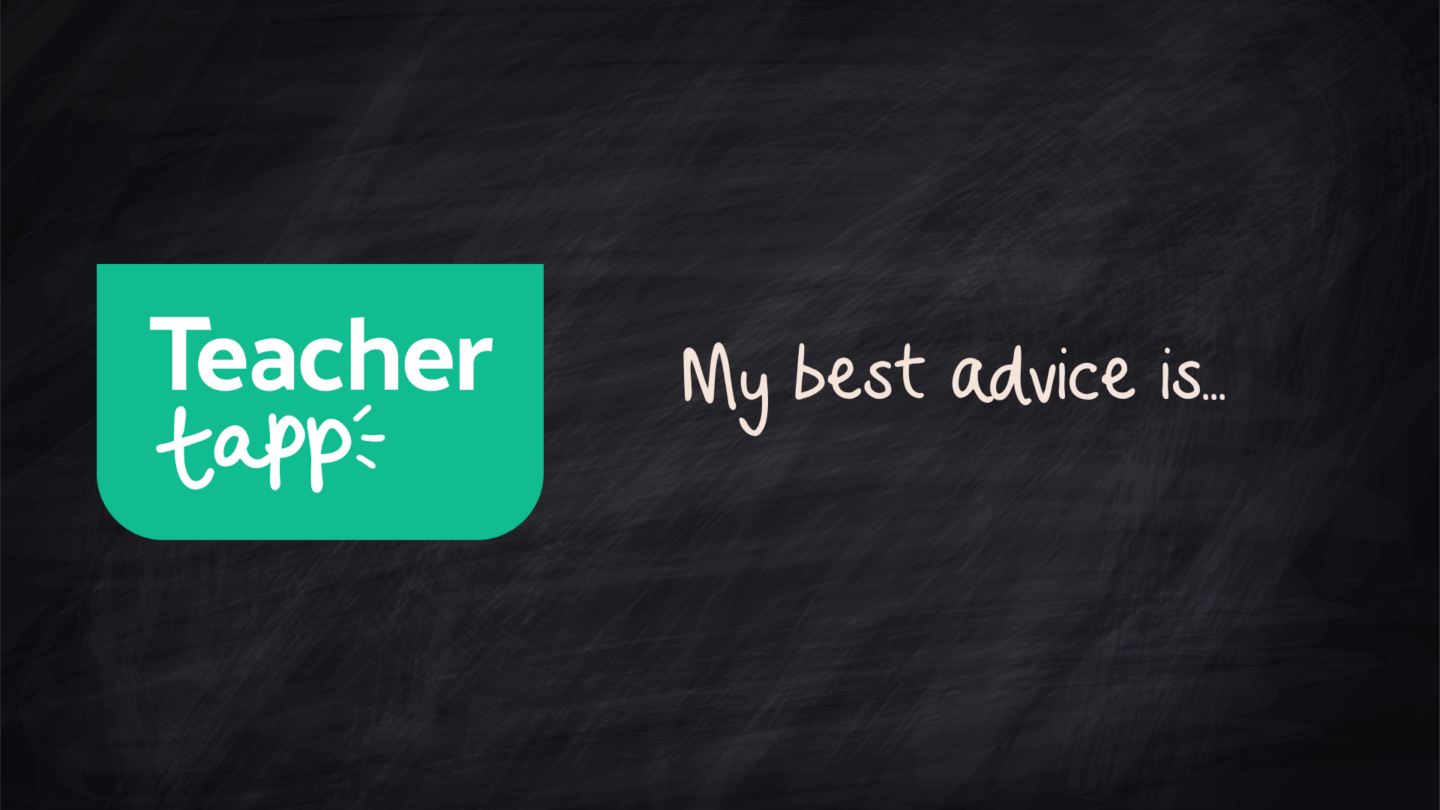This week, we look at updating your computer, behaviour, exam boards, and interviewing.
1. ‘Updates are ready to install’…
You’re finishing off planning lessons after school when a pop-up appears: ‘You have updates ready to install.’ How do you respond to this reverse marshmallow test? Interrupt work now, and get caught in the traffic – or defer, and risk having the computer automatically update while you’re teaching? Almost a third of you (31%) told us you’d do the right thing (?) and update straight away; two thirds of you (68%) would defer.
But who is more likely to update straight away? We also asked you whether you would consider yourself a perfectionist… but this didn’t seem to make much difference. A third of perfectionists would update straight away – as would 31% of non-perfectionists (imperfectionists?). In passing, it’s worth noting how perfect many of you are: an impressive one in three teachers described themselves as highly perfectionist (1 or 2 out of 7) – only one in twenty-five described yourselves as not much of a perfectionist (6 or 7 out of 7). How similar is this to the real world?
So if it’s not perfectionism, what does predict who will update straight away? Astonishingly, we found men were twice as likely to say they would install updates straight away. Common sense precludes us from speculating as to why this might be, although debate currently swirls around Teacher Tapp Towers as to how accurate men’s self-assessments really are.

Older Tappers (aged 50+) also said they were more likely to update straight away as those in their twenties. Perhaps this is the fruit of experience: if you’ve had one lesson go awry while your computer reboots, you may be more diligent about avoiding it in future.

We also wondered how well what you said you’d do matched what you actually do in real life, so we looked at what happens when we update the Teacher Tapp app. On average, just a third of you download the update straight away. (We have a new app update coming later this month, and, as ever, for the best experience, we’d encourage you to download it straight away!)
2. Behaviour
Onto behaviour. We regularly ask whether teaching and learning “largely stopped because of poor behaviour” in the last lesson you taught. We regularly get dispirited when we see your responses: last Friday, a third of you had had teaching and learning stop due to poor behaviour.
We’d love to tell you things are getting better, or really to highlight any clear trend. Things presumably change with the seasons, so below are the responses to this question from October over the last five years. Are things getting slightly worse since October 2020, when lots of students were off due to Covid? What made October 2019 so bad? Update: Karen Wespieser, in our team, checked the weather on these dates (here). You may not remember, this but apparently 11th October, 2019 was an unusually windy day, while lunchtime on 19th October, 2018 was dead calm. Weather modification is now on our list of potential future school improvement strategies.

A stop to learning was most likely in schools serving the highest proportion of students receiving Free School Meals (43%) – but 33% of teachers in schools serving the lowest proportion of students receiving Free School Meals had the same experience. You’re more likely to face problems if you’re less experienced: almost one in two teachers (48%) with less than five years’ service saw teaching and learning stop. But experience doesn’t confer exemption: 26% of teachers with more than twenty years’ service faced the same situation. None of this differs much from when we covered this in detail in 2019 either.
We also asked whether, in the past term, you had shouted or lost your temper at a student when, really, it was a disproportionate reaction. This isn’t the easiest thing to admit (even to a trusted and anonymous friend like Teacher Tapp), but 23% of you said yes. Experience clearly mellows us (or comes with a lighter timetable): while 28% of teachers with less than five years’ experience said yes, only 17% of teachers with more than twenty years’ experience did. The primary/secondary split was unremarkable (24% of primary teaches had lots their temper, against 22% of secondary teachers). Similarly, the school demographic gradient wasn’t dramatic either: 22% of teachers in low-Free School Meal schools against 27% in high-Free School Meal schools.
We wondered whether losing your temper was linked to the behaviour you experienced, or how strict you were. Teachers who had learning stop completely at some point last Friday were more likely to have lost their temper in a disproportionate way: presumably ongoing poor behaviour saps our ability to remain as calm as we wish. More surprisingly though, we compared the chances of a teacher saying they’d lost their temper with how strict they considered themselves to be (something we discussed earlier this month). It didn’t seem to matter: stricter teachers were neither more nor less likely to say they had lost their temper disproportionately. For example, among teachers who had lost their temper, 37% described themselves as very strict (6 or 7 on our scale); among teachers who had not lost their temper, 38% describes themselves as very strict.
3. GCSEs: who’d have ’em?
Last week, we asked you again whether England should scrap GCSEs. We first asked this in December 2020, in the wake of a – tricky – year for the exam boards (and everyone else). Three in ten of you said we should. Since that point, GCSEs have become gradually more popular: this week, fewer than two in ten of you said yes, while almost two thirds of you were opposed to scrapping them.

We also looked at who was keenest to scrap GCSEs. We often seen maths and science teachers’ preference for formal testing, and they proved to be keenest on GCSEs. Teachers of languages, humanities and English were less keen. Even among the biggest sceptics however – language teachers – only 28% wanted to see GCSEs scrapped.

We’ll spare you the chart showing how many of you wanted a single national exam board too: it’s barely changed since we first asked in November 2019 (75% in favour then, 75% in favour now). We’ll check in with you again some time in 2023, just to make sure you’re maintaining this impressive consistency. Arts and DT teachers were least keen (60% in favour) while we were pleased to see this was something the linguists (83% in favour) could agree on with the mathematicians (also 83%) and scientists (80%).

4. Emails
A typical day often sees multiple emails appear with titles like ’11Y lunchtime activity: the following students will be late to Period 4′ and ‘Teachers of Jamila K, 7B, only need read.’ But how many? One in ten of you say you’re getting more than 30 emails a day and reading them. Seven percent of you say you’re reading more than 50 emails a day, although, by that stage, who’s counting? Small wonder that six in ten teachers say they get too many emails at work!
Senior leaders get the worst of it, with almost four in ten heads saying they’re reading more than fifty emails a day.

Interestingly though, very few Tappsters admit to sending so many emails: only nine percent of heads say they’re sending fifty emails or more. So where are all these emails coming from? Presumably from parents, outside agencies – and the dreaded all staff email.

When you go home however, more of you are getting a break: the proportion of schools limiting out-of-hours emails has increased substantially. In 2018, 5% of schools banned weekend or evening emails; this month, it had reached 13%.
Finally… we know you love the daily read, so here are the ones from last week
The tip read by most secondary teachers in the past week was: Powerful routines in secondary schools! and amongst primary teachers, the top tip was How routines help primary relationships.
And here’s the rest for your reference:
- What links a wine tasting and a maths class?
- The three kinds of lesson objectives
- What’s the reality behind email bans?
- How to stop procrastinating
- Sunday reset – the right way!





